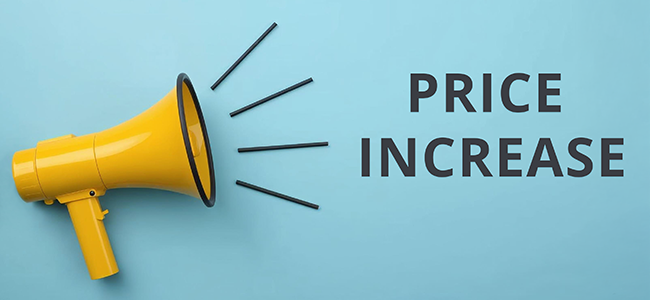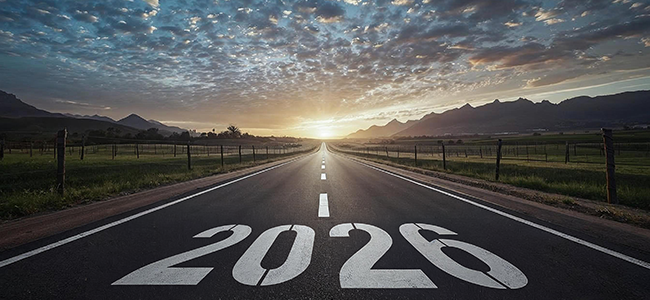VAT Increase in 2025: What It Means for South Africans
As South Africa grapples with rising debt levels and budgetary pressure, the National Treasury is considering a possible VAT Increase in 2025 to generate additional revenue. But what does this mean for everyday citizens and small business owners?
Why Is a VAT Increase Being Proposed?
The idea of a VAT Increase stems from government efforts to stabilise public finances. According to DotNews, increasing VAT by 1% could raise over R24 billion annually. This revenue could be used to fund social grants, healthcare, and infrastructure. However, the proposal remains controversial due to its potential to hit low-income households hardest.

Economic Pressure on Households
A VAT hike would make everyday items more expensive, especially those not zero-rated like toiletries, cleaning products, and prepared food. Consumers already facing rising fuel and electricity prices may find their budgets stretched even thinner. Analysts warn that this indirect tax could worsen inequality if not accompanied by targeted relief measures.
Possible Government Offsets
To counterbalance the effects of a VAT Increase, the Treasury may expand the list of zero-rated goods or increase social grants. Measures like these were introduced in 2018 during the previous VAT hike, but the effectiveness of such offsets is still debated.

Business Implications
For businesses, especially SMEs, a VAT hike brings administrative changes and pricing challenges. Updating POS systems, renegotiating contracts, and educating customers will be critical. Forward planning and cash flow management will help absorb the shock without losing competitiveness.
What Happens Next?
The final decision on whether a VAT Increase will be implemented lies with the Minister of Finance, likely to be announced during the upcoming Budget Speech. Until then, South Africans are advised to stay informed and prepare for possible changes.




